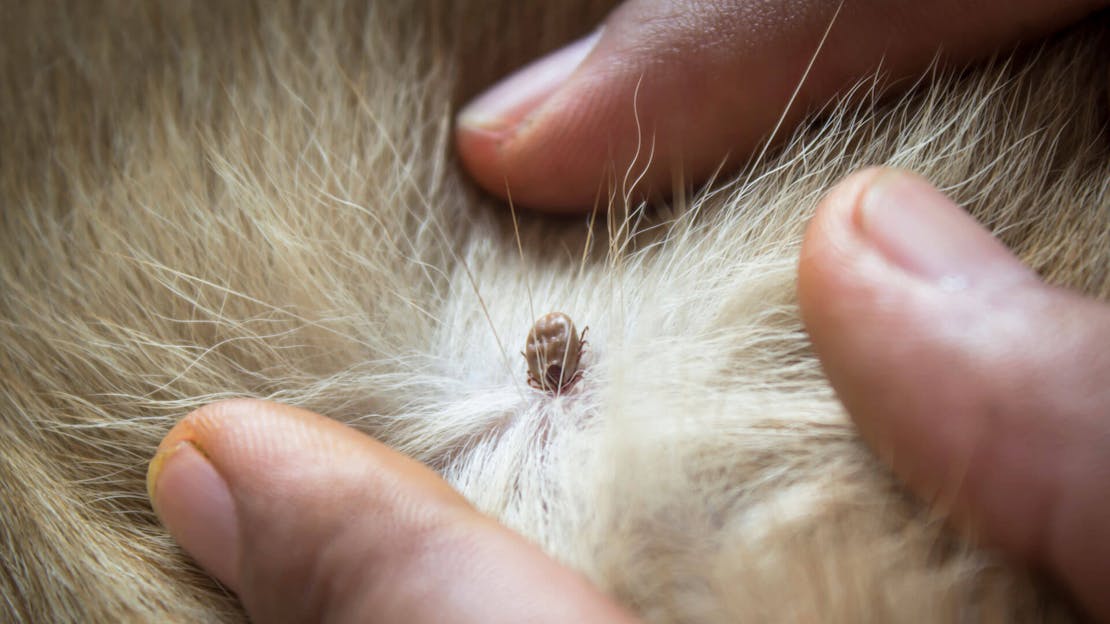
Tick Season
What are Ticks?
Ticks are small creatures that feed on the blood of animals and sometimes humans. They definitely aren't pleasant. We know that it can be frightening to discover a Tick on your beloved dog, so we are here to help.
When are ticks more common?
Ticks are more common in the warmer months so spring to summer. Your dog is more prone to getting a tick due to going outside in the long grass when they are having a great time running around, chasing their favourite ball. In these months where they are more prone to ticks you should try and prevent them by using preventatives.
What can I use to lower the chance of my dog getting a tick?
As we all know the last thing we want is for our furry friends to get a tick. Tick’s can carry lyme disease so it's best that you try and prevent them. Here are some ways to prevent them -
Use a regular parasite control such as Beaphar Flea & Tick spot on.
You can use water diluted apple cider vinegar to spray over your pet before walks through woodlands, fields and anywhere you think ticks could be lurking.
Use a tick repellent shampoo when bathing your dog.
You can buy powders to go into your dog's food that goes into their system to repel ticks.
Make sure after every walk you check all over your dog to make sure they have no ticks.
How to remove a tick with a tick tool?
Insert the tick tool under the tick gently. Make sure to be very careful as you don't want the head staying in but the body coming out.
Slowly rotate the tick tool 2 or 3 times.
As you slowly rotate the tick tool the tick will slowly be pulled out.
Make sure you check that all of the tick has fully come out.
What do I do after I have removed the tick?
Make sure you clean your hands thoroughly.
Clean the wound where the tick has been with an antiseptic.
Then clean the tick tool, in case you have to use it again in the future.
Make sure to keep an eye on the wound, making sure it heals correctly.
If you have any concerns at all, call your vets to get your dog checked.
